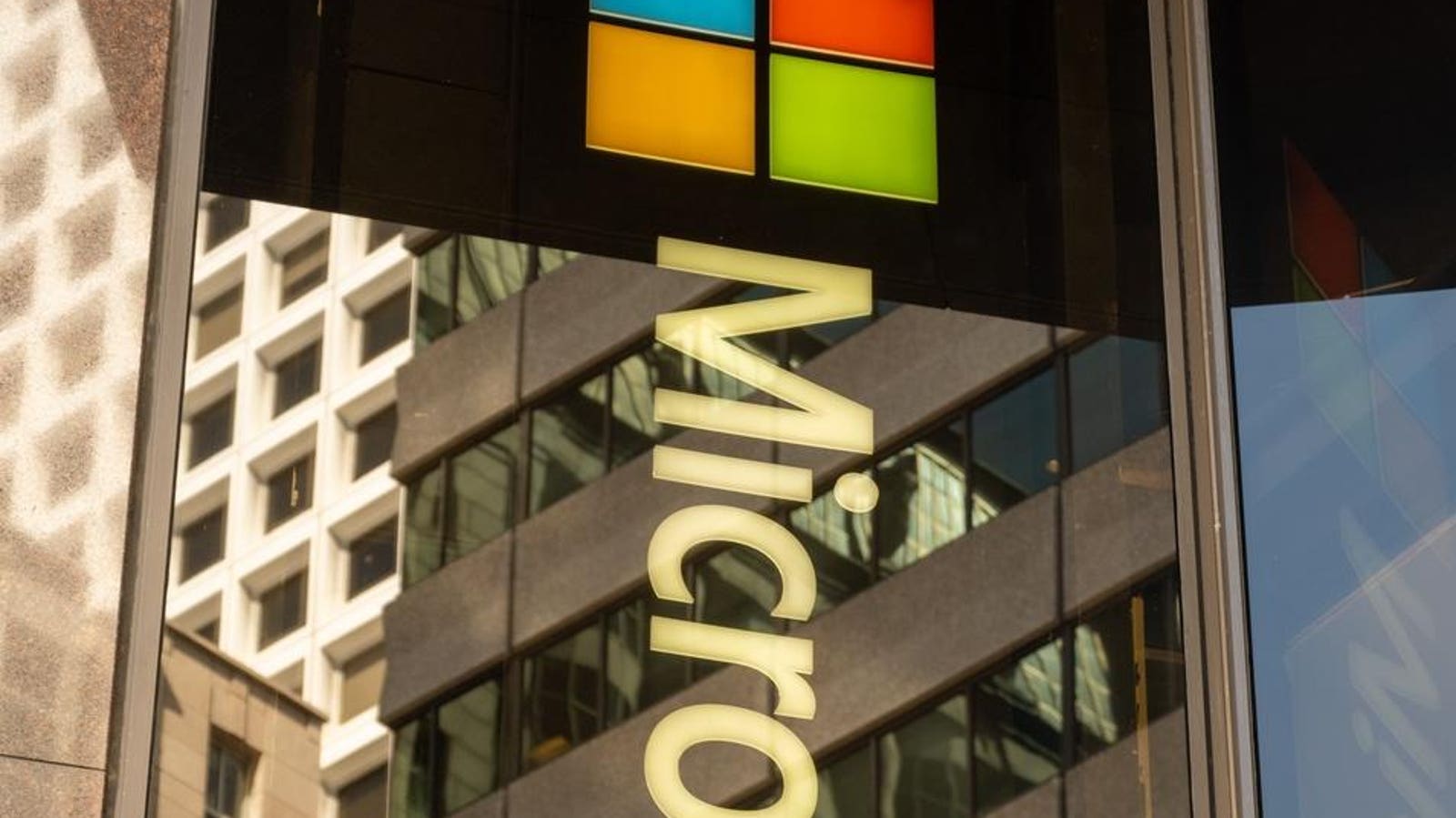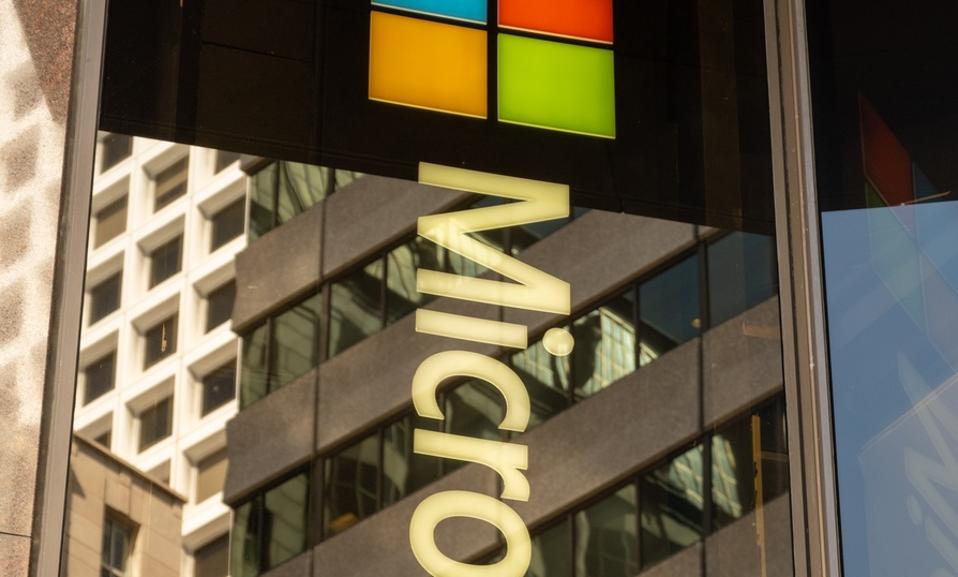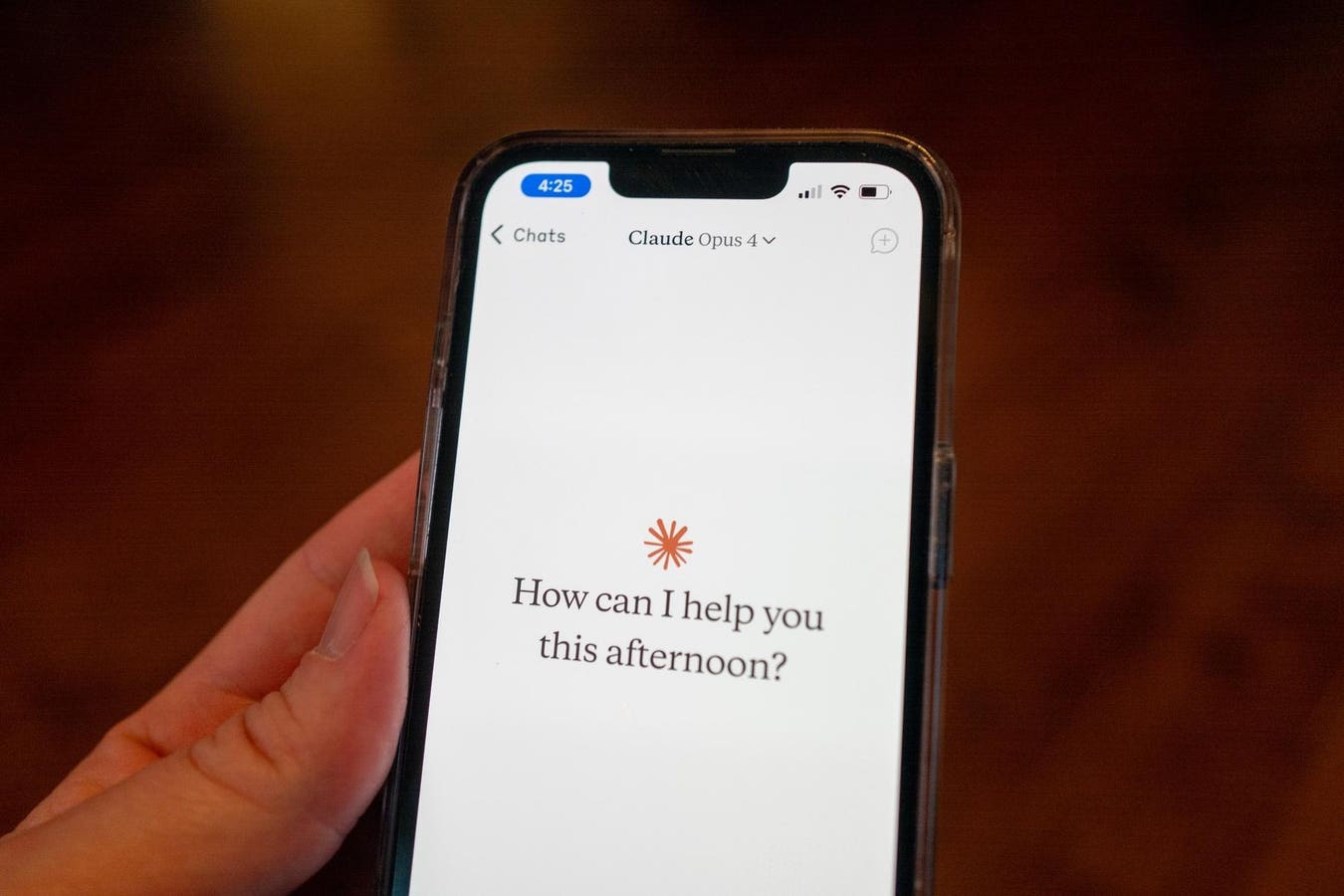Microsoft issues user apology.
Republished on July 20 with new update warnings for Windows 10 users and a fresh new incentive for users to upgrade to Windows 11.
Well this is interesting and new. “We apologize for any inconvenience or confusion,” Microsoft has suddenly posted after “mistakenly” claiming an awkward Windows update issue had been fixed. It hasn’t been fixed and has now gotten worse.
Per Windows Latest, this follows a Windows 11 24H2 bug triggering “a critical Firewall error.” This “false, harmless error” confused users and caused alarm. Microsoft then “incorrectly claimed the error is patched in Windows 11 KB5062553, [but] in reality, the update introduced error for everyone instead of fixing it.”
Windows Latest has been tracking this error since the beginning, reporting “that the Firewall issue wasn’t fixed. It kept showing up on my devices, and dozens of users told me they’re still running into the same.”
The good news is that “you can safely ignore” these firewall warnings. The error which is flagged as “Windows Firewall With Advanced Security 2042 None” is completely is simply a reporting bug and “poses no harm to your PC.”
As Windows Latest says, “Microsoft has already admitted that the warning is caused by a code bug that crept in with recent updates for Windows 11 24H2. The glitch only affects the event log entry, not the firewall itself.”
The litany of update issues affecting Windows 11 users comes as an awkward time, as Microsoft, its OEM partners and even government security agencies urge Windows 10 users to upgrade to the new OS. This despite the u-turn that has essentially extended Windows 10’s end of life for most users for another 12 months, until October 2026.
For those still on Windows 10 who might be feeling rather smug at avoiding these Windows 11 issues, Windows Latest has just issued a new warning, given that its own recent updates are not faring any better.
It warns that July’s Windows 10 security update “has wrecked some elements of the emoji picker for users.” This comes in addition to a fault whereby parents using Family Safety’s web filtering “cannot approve anything except Edge… because Microsoft has to update their block list with the latest versions of all the supported browsers.”
But it’s still lightweight compared to Windows 11 issues. In picking up on this new “rare apology,” HotHardware pointedly lists out Windows 11 24H2’s “fair share of issues,”which are extensive, and even include errant blue screens of death for gamers. “Microsoft assures users that these issues are being actively addressed.”
And in the meantime, Windows Latest has also confirmed Microsoft’s latest Windows 11 carrot for all those Windows 10 users wavering on whether to upgrade now or to kick the can down the road until October next year.
“Microsoft says it’s now rolling out a new feature on Windows 11 that will allow Office apps to open faster. This feature started rolling out in late June, and it’s now expected to become available for everyone by the end of September. Initially, it’ll be limited to just Word, but support for other apps like Excel and PowerPoint will be added.”
This neatly sums up the dilemma for the 700 million or so Windows 10 users still holding out, either because they don’t want to switch or because they can’t. The pressure is not going to relent, whether that’s downside security and performance risks or new features that you won’t be able to access until you make the move.
This is in keeping with the general downsides of not going with Microsoft’s flow. These include the deletion of passwords as users are pushed towards Edge, and even with this new Startup Boost, Windows Latest cautions that “Microsoft subtly warns that disabling it might make Office applications load more slowly.”
The other concern might be that “Microsoft doesn’t mention the use of any AI that understands the usage patterns and enables or disables the feature accordingly, despite it looking like a good job for the rather underutilized NPUs in modern Copilot+ PCs.”









